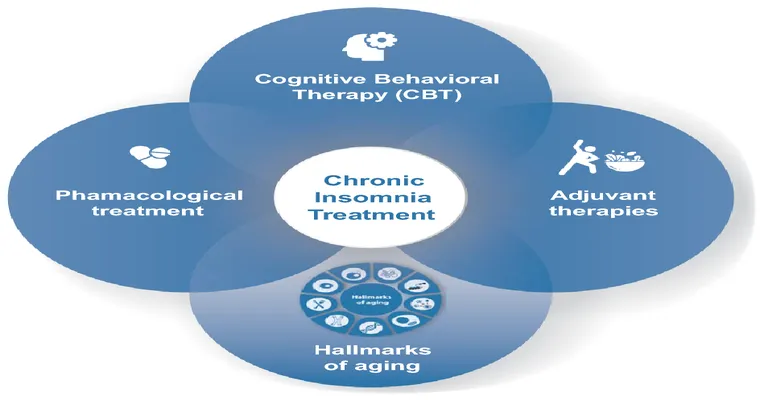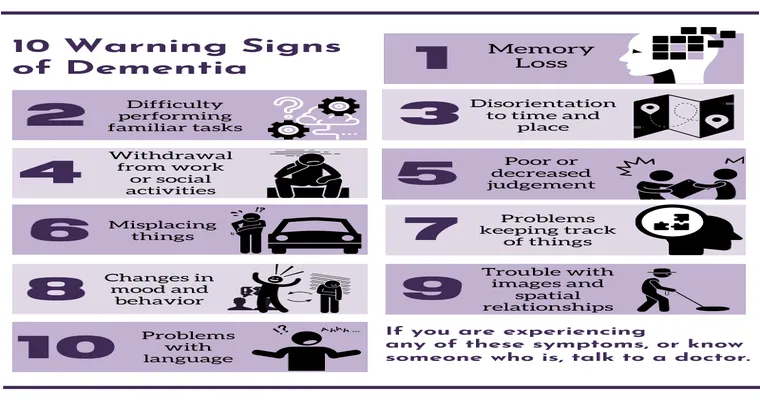As we age, many individuals experience challenges such as "insomnia", which can lead to significant cognitive issues including "memory loss". The relationship between these three factors is complex and multifaceted, affecting not only our sleep patterns but also our overall mental health and well-being. Understanding how "aging", "insomnia", and "memory loss" interconnect can help in developing strategies to mitigate these effects and promote better cognitive health.
Understanding Aging and Its Impact on Sleep
Aging is a natural process that brings about various physiological changes. One of the most common issues faced by older adults is "insomnia", characterized by difficulty falling asleep, staying asleep, or waking up too early. As we grow older, the body produces less of the sleep hormone melatonin, disrupting our sleep-wake cycles. Additionally, older adults may experience more medical conditions and take medications that can further exacerbate sleep issues.
The Role of Insomnia in Cognitive Decline
"Insomnia" can have a profound impact on cognitive functions, especially "memory". Sleep is crucial for memory consolidation, where short-term memories are transformed into long-term ones. Disrupted sleep patterns can impair this process, leading to difficulties in learning new information and recalling previously learned material. Studies have shown that chronic "insomnia" is associated with an increased risk of developing cognitive impairments and conditions like dementia.
Memory Loss and Its Connection to Aging
Memory loss is a common concern as people age. While some degree of cognitive decline is expected, significant memory issues can indicate more serious health problems. Aging affects various types of memory, including episodic memory (the ability to recall personal experiences) and working memory (the ability to hold and manipulate information temporarily). The decline in these memory types can be exacerbated by poor sleep quality resulting from "insomnia".
The Bidirectional Relationship
The relationship between "insomnia" and "memory loss" is bidirectional. On one hand, poor sleep can lead to difficulties in memory retention and recall; on the other hand, cognitive decline can result in increased anxiety and stress, further contributing to sleep disturbances. This cycle can become a vicious loop, where "aging", "insomnia", and "memory loss" continuously reinforce each other.
Strategies for Improvement
1. "Sleep Hygiene": Establishing a regular sleep schedule, creating a comfortable sleep environment, and limiting screen time before bed can improve sleep quality.
2. "Cognitive Training": Engaging in activities that stimulate the brain, such as puzzles or learning new skills, can enhance memory function.
3. "Physical Activity": Regular exercise has been shown to improve both sleep quality and cognitive function, making it an essential part of healthy aging.
4. "Consult a Healthcare Professional": If insomnia is persistent, it may be worthwhile to consult a doctor or sleep specialist to explore potential underlying causes and treatments.
Conclusion
The intricate connection between "aging", "insomnia", and "memory loss" underscores the importance of prioritizing good sleep hygiene for cognitive health. By understanding and addressing these interconnected issues, individuals can take proactive steps to enhance their quality of life as they age. With the right strategies, it is possible to break the cycle of insomnia and memory loss, paving the way for a healthier, more fulfilling life.





